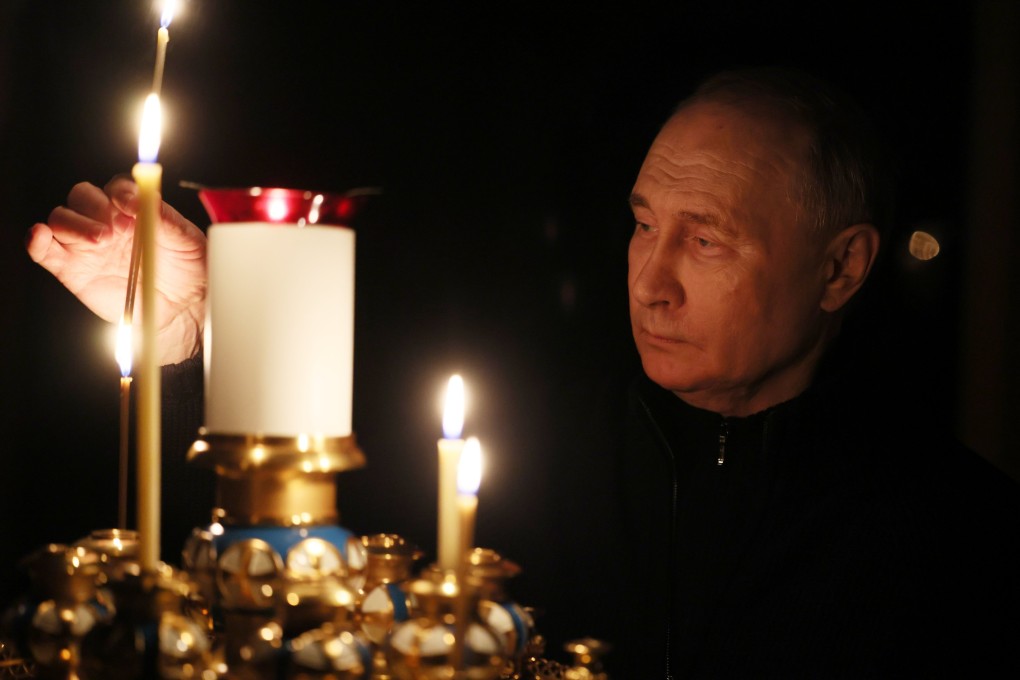Opinion | Moscow attack a blow to Russia, but won’t slow its war on Ukraine
- Kremlin has tried to blame Kyiv for the terrorist attack, perhaps to divert difficult questions over why Russia’s security services failed to prevent it
- With Russia likely to step up its war effort, the conflict is shaping up to be a war of attribution, the outcome of which remains highly unpredictable

This was the worst terrorist attack on Moscow in decades, highlighting yet again the vulnerabilities of the Russian central state, especially as key security resources are diverted to Ukraine. It shows how the regime’s grip on power is seemingly a mile wide, but sometimes only inches thick.
Similarly, the Moscow concert hall attack suggests that even though Russia now appears to be in a significantly stronger position in Ukraine than last summer, the regime may still in fact be fragile. This is despite Putin’s extraordinary political longevity for a quarter of the century.
Last weekend’s tragedy is a sharp blow to the regime, coming so swiftly after Putin’s election win. The Russian president is fast becoming one of the longest-serving world leaders of modern times, alongside Fidel Castro, who managed 49 years as Cuban premier and then president, and Ayatollah Ali Khamenei, Iranian supreme leader since 1989.
Islamic State Khorasan (Isis-K), the affiliate of terrorist group Isis in Afghanistan, has been linked to last weekend’s attack, in which armed individuals opened fire on concertgoers at Moscow’s Crocus City Hall. Isis-K has been fighting the Taliban in Afghanistan, which it regards as insufficiently militant.
